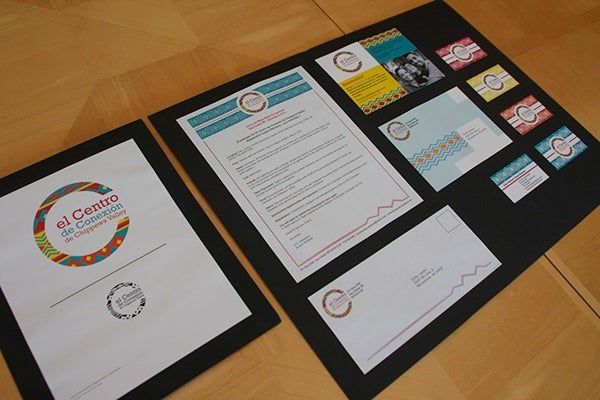Two Eau Claire-area residents, chosen as part of the “34 Most Powerful Latinos in Wisconsin” by the website Madison 365, say they accept the honor of being influential in making a change for Latino residents in western Wisconsin.
Catherine Emmanuelle is the vice president of the Eau Claire City Council, the area extension director for Chippewa, Eau Claire and Dunn counties and is a member of the University of Wisconsin-Extension’s Latino Task Force. Gerardo Licón is a historian and an assistant professor of Latin American Studies at the UW-Eau Claire. Both have been involved with El Centro de Conexión de Chippewa Valley, a volunteer, nonprofit group that has existed since 2010 to assist the Latino population in the Eau Claire area.
In an interview with WPR’s Dean Kallenbach on “The West Side,” they talked about issues facing the Latino population in western Wisconsin.
News with a little more humanity
WPR’s “Wisconsin Today” newsletter keeps you connected to the state you love without feeling overwhelmed. No paywall. No agenda. No corporate filter.
This interview has been edited for brevity and clarity.
Dean Kallenbach: Low prices, oversupply are resulting in the closing of many dairy farms in Wisconsin. Do you think that factor makes western Wisconsin less attractive with less opportunity for dairy workers from Mexico?
Gerardo Licón: At least 40 percent of dairy workers in Wisconsin and 70 percent in agriculture across the United States are immigrant, and the majority Latino. Your question, is it going to make it less attractive? Certainly, but that may also mean that they will make up a larger percentage of the workers who are doing the work. Ultimately, I believe that’s the number one reason why the Latinx population came here in the first place and has been growing is because of job opportunities.
DK: The Trump administration has asked for a question to be on the census relating to citizenship. Does that affect the confidence that Latino populations might have in taking part in the census?
GL: Immigrants and low income people have been undercounted in past censuses. Without an explicit effort to make sure to include them more accurately they will be undercounted again. The fact that he’s (President Trump) even talking about the census at all will also lead toward people erring on the side of caution and not participating.
DK: We can all imagine that if you don’t speak the language in the community that you live in that’s going to be a challenge. What are some things we might not think about, those of us who are English speakers who grew up in this area?
Catherine Emmanuelle: This is one example, we have programming that was created locally by an ag educator. He created material on skid steer loader safety and was working with farmers and making sure this programming was available in Spanish. Making sure that our employees have the resources that they need to not only do their job, but also to be safe.
DK: How important is a non-profit group (like El Centro) that’s not part of government, that’s not part of the University, is that a role that needs to be played in communities who have populations of Latino heritage?
CE: Absolutely. I think when we think about resilience, a big part of that is having hope. El Centro is a safe place that a lot of people turn to. It’s a group of dedicated, caring community leaders who want to see people do well.
Wisconsin Public Radio, © Copyright 2025, Board of Regents of the University of Wisconsin System and Wisconsin Educational Communications Board.


